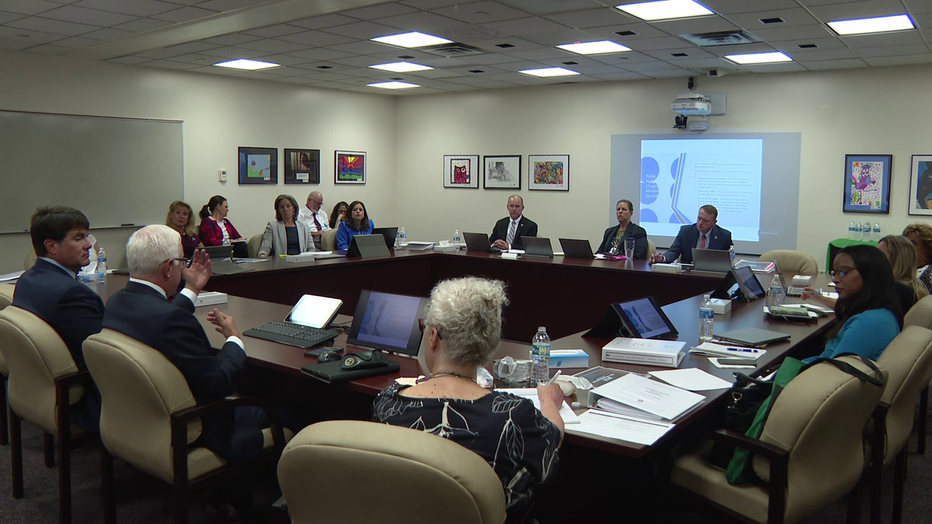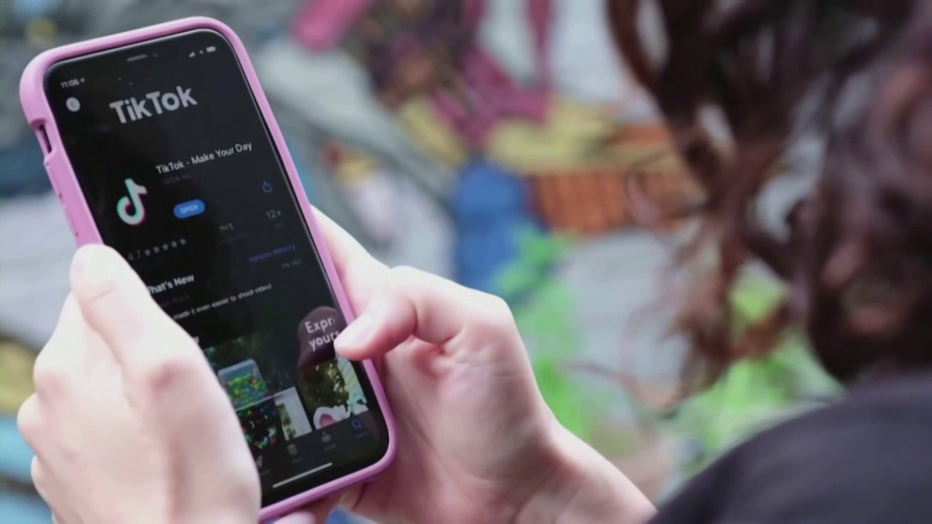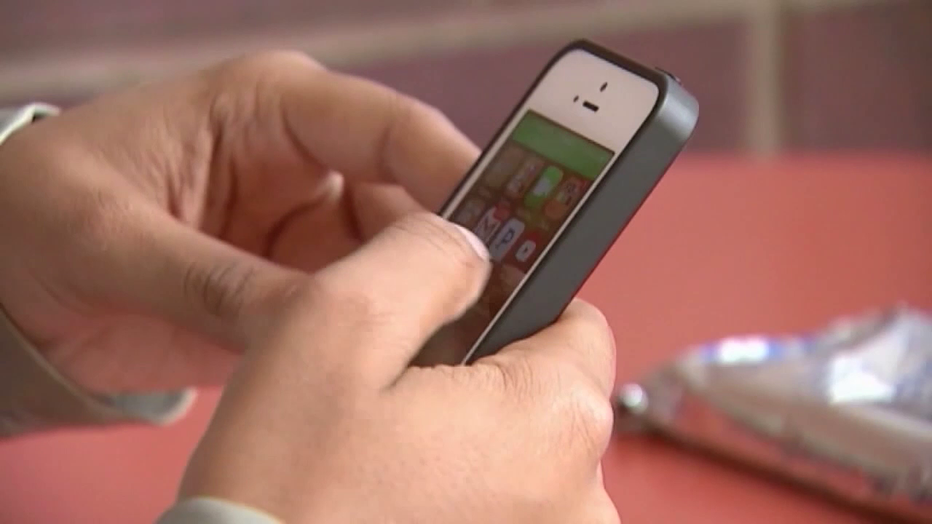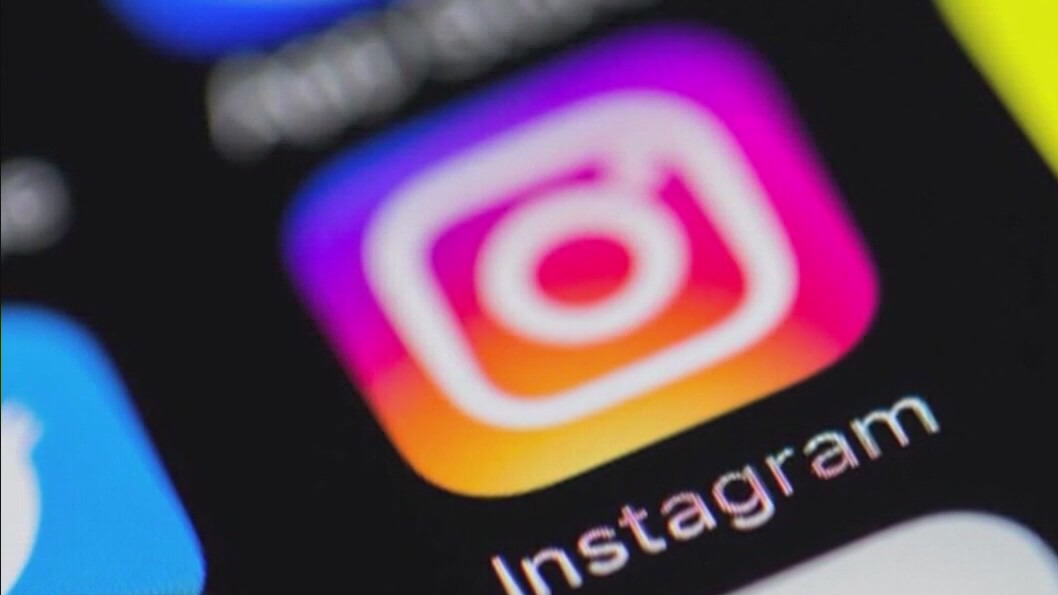Pinellas County schools to join other districts in suing social media companies
ST. PETERSBURG, Fla. - Pinellas County schools plans to join several other districts across the state and the country suing social media companies.
At the Pinellas School Board’s workshop Tuesday, the same attorneys that won a lawsuit against e-cigarette company Juul on the district’s behalf said they want to fight for them again. This time the fight is against social media giants Meta, TikTok, Snapchat and YouTube.
"There have to be some level of guardrails, some level of protection for underage and vulnerable kids," Jonathan P. Kieffer, a partner at the Wagstaff & Cartmell law firm based out of Kansas City, Missouri, said.
RELATED: Bay Area school districts may square up against social media giants
"The problem with social media has really reached epidemic proportions as it relates to adverse effects on young people," Kieffer said.

The lawsuits that other districts across the United States have filed say social media companies use algorithms that maximize user engagement. Kieffer said in addition to the mental health toll this takes on students, creating the need for more mental health resources in schools, it also is a disruption in the classroom and amplifies dares online that can cause damage to school property.
"Simply because parents may have a responsibility, in our view, that certainly doesn't absolve these platforms of the responsibility that they've created. Ultimately, those decisions will be decisions that are up to a court and jury," Kieffer said.
School board members voted unanimously to give their district attorney the ok to work on a contract with Kieffer and Steven R. Maher of the Maher Law Firm, based out of Orlando, that they’ll vote on later this summer.
READ: Instagram explains how it ranks the content you see
"The board is looking to move forward with this litigation because of the amount of instructional distraction in the school day that is occurring on a daily basis with students," Board Chairperson Lisa Cane said.

"In addition, we're seeing upticks in social media, bullying on social media becoming a constant negative source of conversation for our students, for teachers, for classroom situations, and also peer-to-peer interaction," she said.
Cane brought her four kids to the meeting.
"I thought it's important for them to hear from professionals how this is impacting students on a nationwide basis because they see it every day with their peers," Cane said.
"I think as parents in our county, we all see this as a growing issue. It's a conversation around everybody's dinner table. How do we limit the amount of social media that our teens, that our students are using on a daily basis and get them to communicate with each other? I think it's something that the best and the brightest of our country are looking at as a growing cultural issue, and we want to make sure that we are moving forward with solutions to the problem in our district," she said.
MORE: Young people would give up their right to vote before the right to post, study finds

Several of the social media companies said in statements that protecting kids on their platforms is one of their main focuses, and that districts are wrongly pointing the finger at social media companies.
Meta, which runs Facebook and Instagram, announced new updates Tuesday, including more parental supervision controls and a mode that encourages teens to set time limits. The company said it also has developed over 30 tools to support teens and families and keep them safe.
Snapchat said the following in a statement:
"Snapchat was designed differently from other social media platforms because nothing is more important to us than the well-being of our community. Our app opens directly to a camera rather than a feed of content that encourages passive scrolling and is primarily used to help real friends communicate. We aren't an app that encourages perfection or popularity, and we vet all content before it can reach a large audience, which helps protect against the promotion and discovery of potentially harmful material. While we will always have more work to do, we feel good about the role Snapchat plays in helping friends feel connected, informed, happy, and prepared as they face the many challenges of adolescence."
Google, which owns YouTube, said the following in a statement:
"Protecting kids across our platforms has always been core to our work. In collaboration with child development specialists, we have built age-appropriate experiences for kids and families on YouTube, and provide parents with robust controls. The allegations in these complaints are simply not true."


